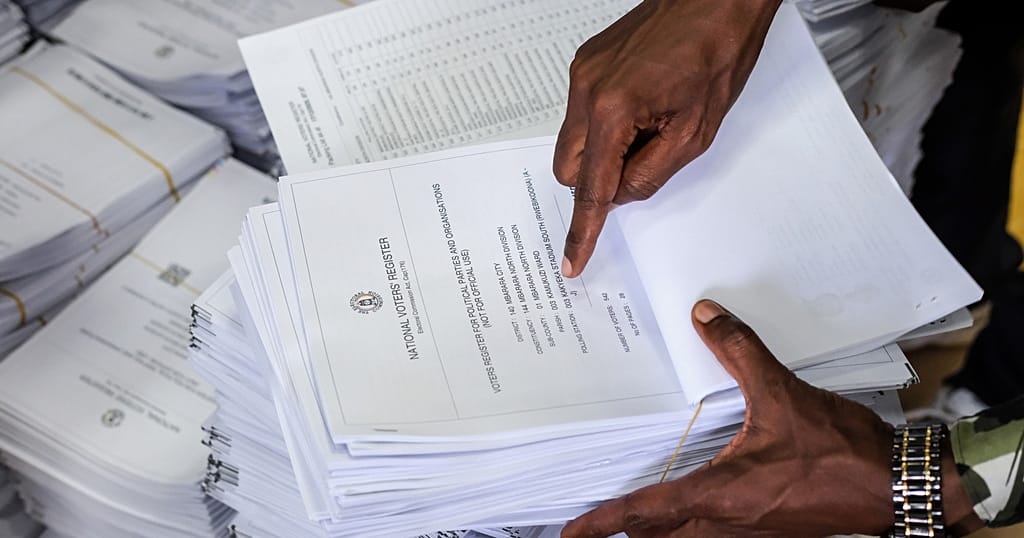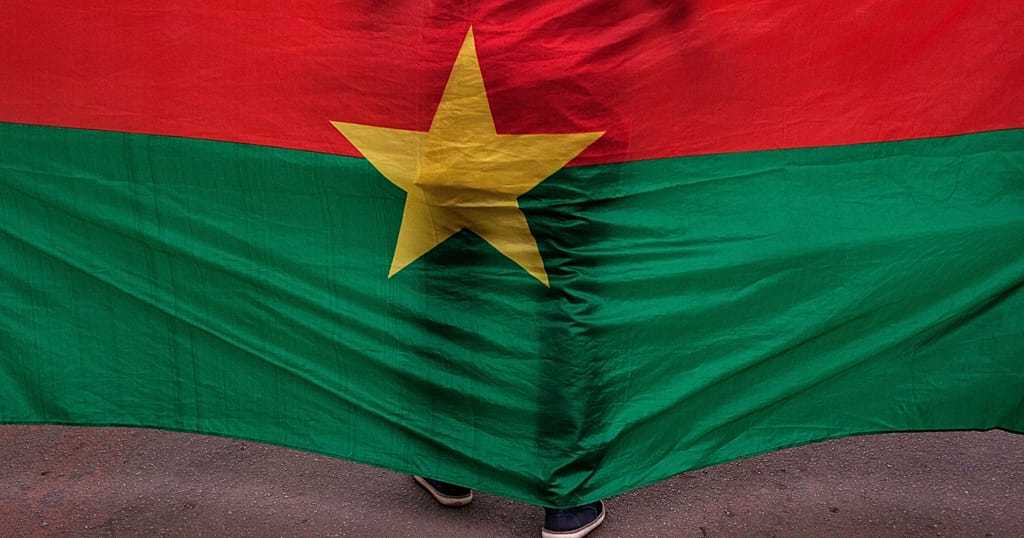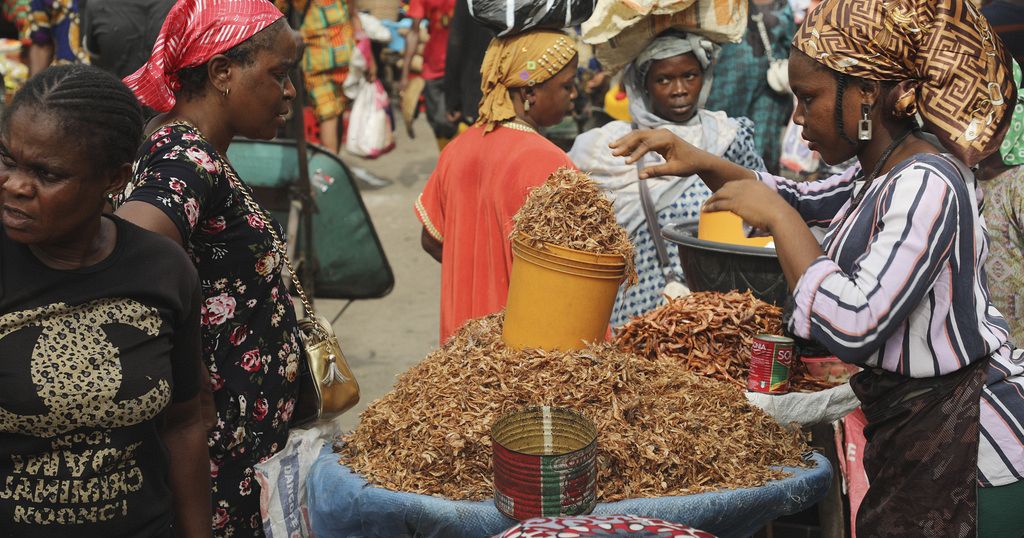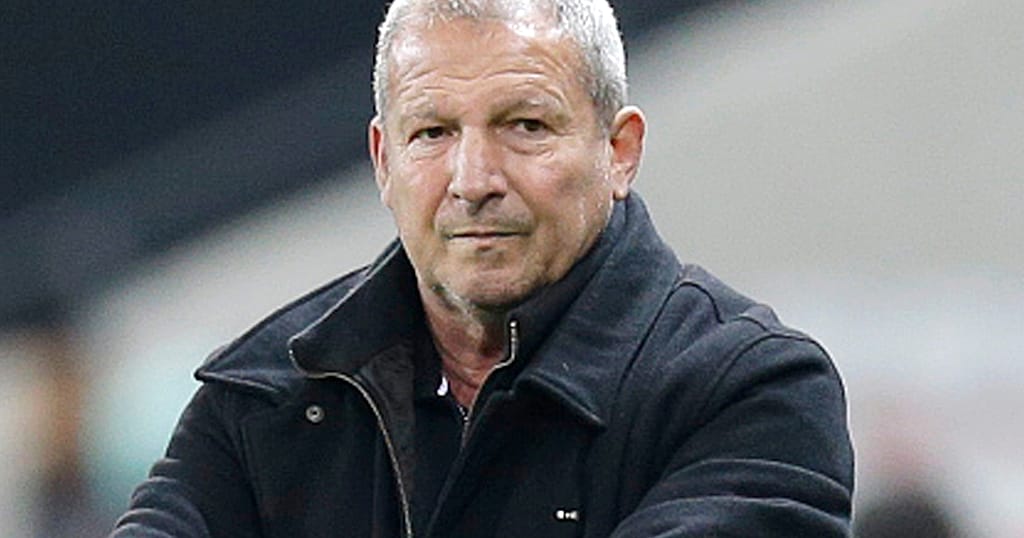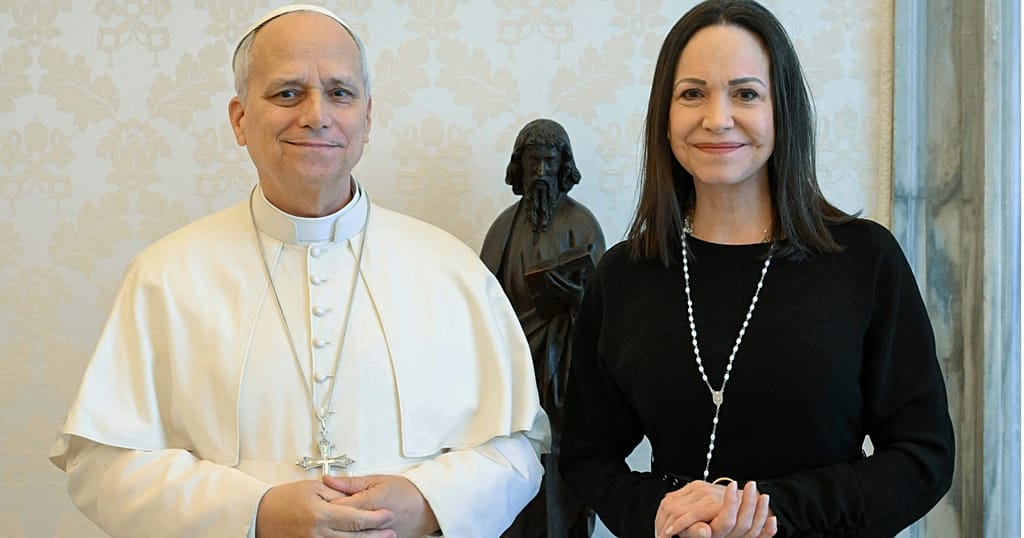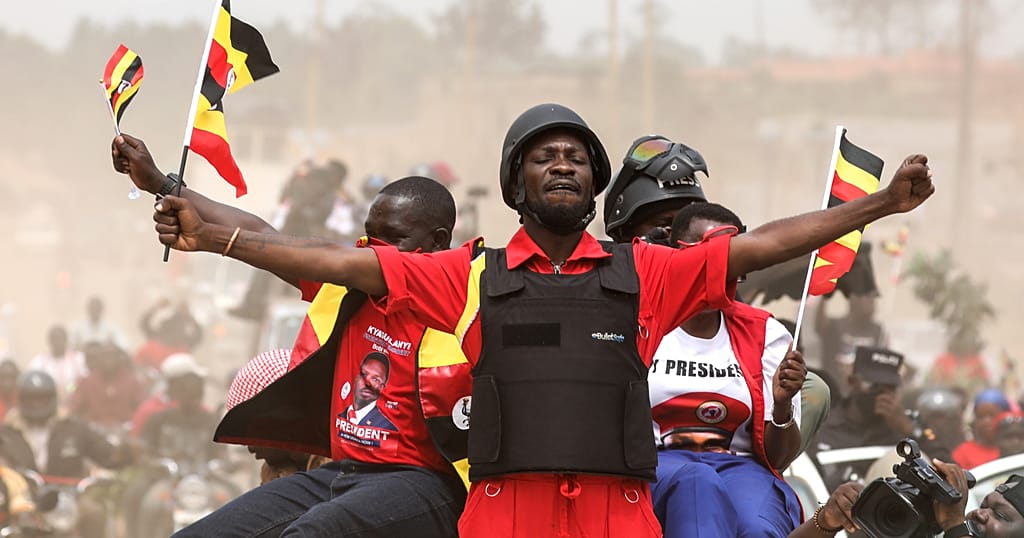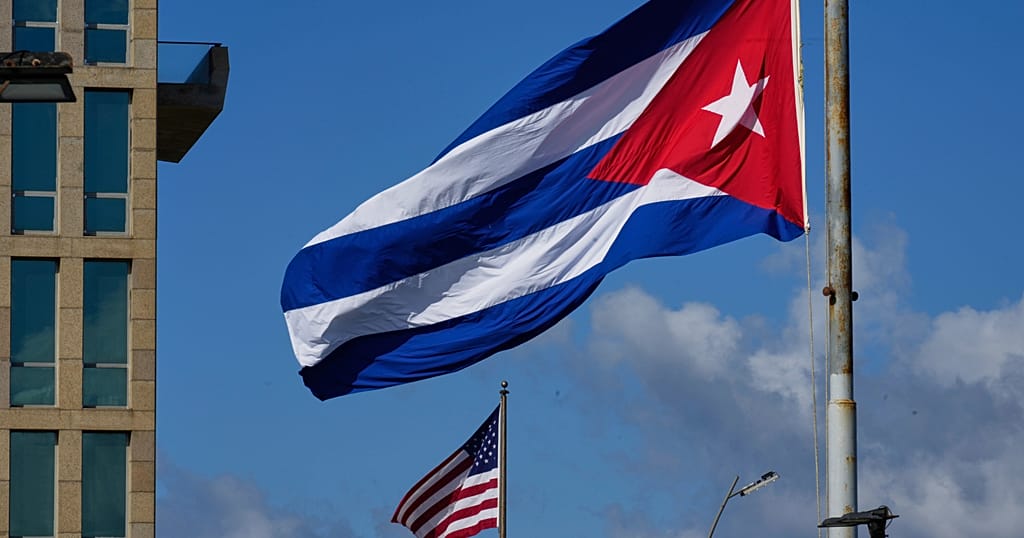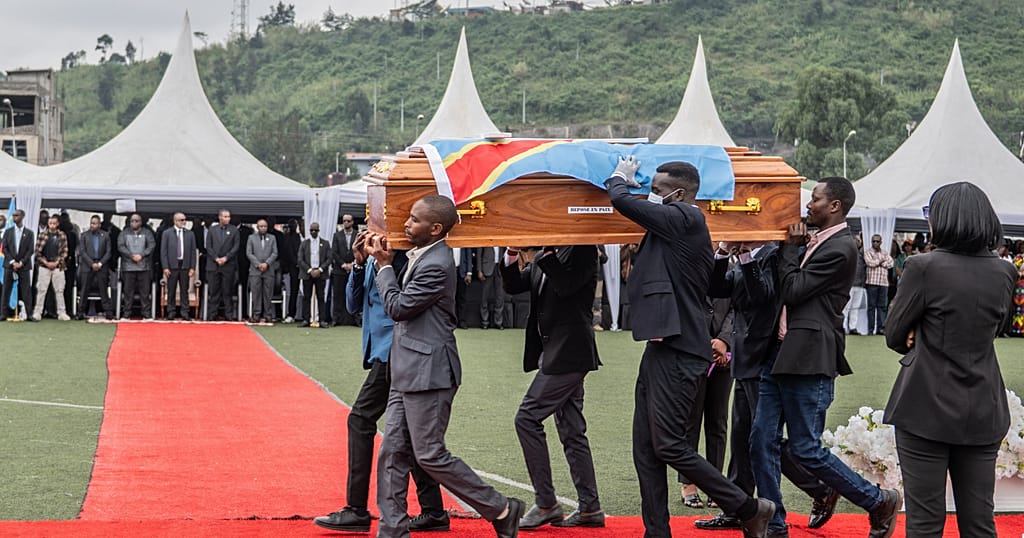Calls for apology and acknowledgment: King Charles faces pressure over colonial legacy
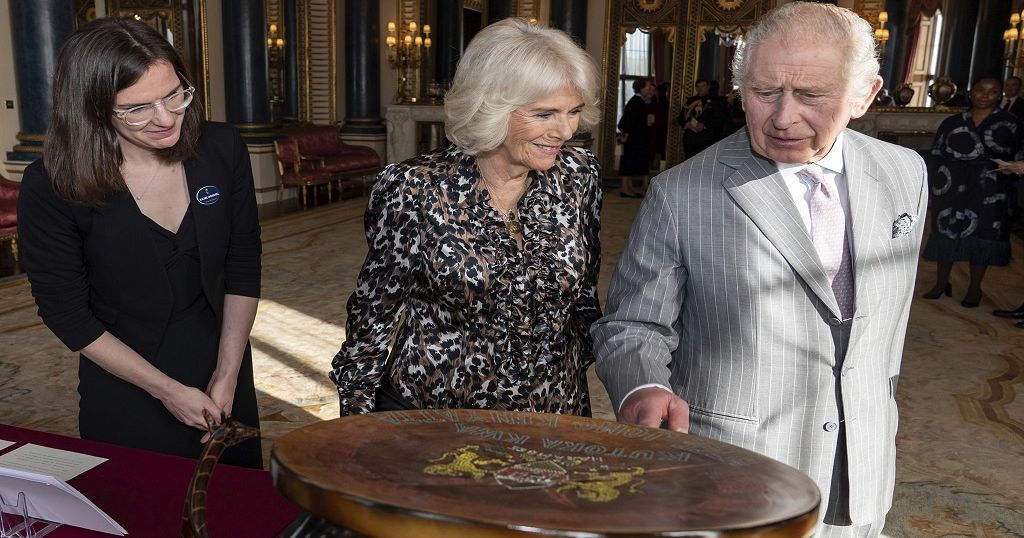
The Kenya Human Rights Commission (KHRC) is leading the charge for acknowledgment and an official apology from the British government. In a bid to shed light on historical injustices and colonial-era atrocities, the KHRC submitted a comprehensive document to the British High Commission. Davinder Lamba, Chairperson of the KHRC, emphasized that the dark past of British colonial rule in Kenya remains largely unaddressed.
Lamba called for King Charles to gain a deeper understanding of this history and recognize the need for an apology. “We would like him now to come back and say, ‘well, I have a much deeper understanding than I expected,’ and we are demanding an apology, Kenyan people,” Lamba stated.
David Malombe, the Executive Director of the KHRC, criticized the “statement of regret” issued by the British High Commissioner. Malombe argued that a proper acknowledgment should include an apology, as it is a public acknowledgment and affirmation that wrongs were committed. He stressed that an apology provides the basis for addressing historical injustices appropriately.
King Charles III’s upcoming state visit to an African nation, his first since ascending to the throne, is being closely watched worldwide. It coincides with growing pressure on the UK and the royal family to reexamine their colonial history and publicly apologize for their role in the trans-Atlantic slave trade.
Beyond its historical and symbolic significance, the visit is an opportunity to strengthen modern relations between the UK and Kenya. This includes cooperation on counterterrorism and trade valued at over 1.1 billion pounds ($1.3 billion) annually.
During his visit, King Charles will underscore his commitment to environmental conservation by visiting a national park to observe critical conservation efforts led by the Kenyan Wildlife Service. His willingness to address challenging issues is demonstrated by opening royal archives to researchers investigating the monarchy’s connections to the slave trade.
Before ascending to the throne, King Charles acknowledged the “appalling atrocity of slavery” during a speech delivered on the Caribbean island of Barbados, reflecting his commitment to addressing difficult aspects of history.
[Footer:]Source: Africanews


